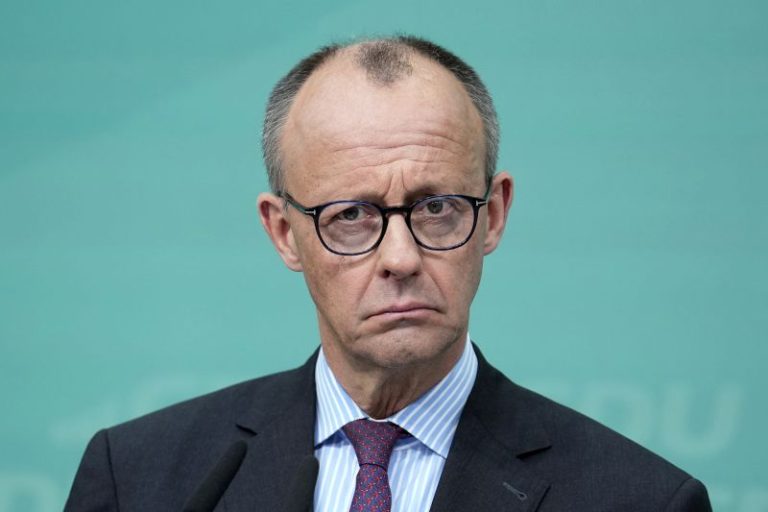Germany’s two major centrist parties have reached a coalition deal, the culmination of weeks of negotiations after the conservative Christian Democratic Union (CDU) emerged as winner in February’s federal election.
Designated chancellor Friedrich Merz’s CDU party emerged victorious in February’s vote but failed to win a majority, with the far-right Alternative for Germany (AfD) surging into second place and almost doubling its supporter base.
Since then, the CDU has been locked in formal coalition talks with the SPD – Germany’s other main centrist party, which had led a three-way coalition government until its collapse in November 2024.
Pressure in Berlin to reach a deal had only mounted in the face of wider uncertainty, including the Trump administration’s introduction of sweeping import tariffs that have reshaped global trade.
As Germany’s likely next chancellor, Merz has pledged to boost the country’s defense spending. Berlin has moved to lift its so-called “debt brake” in order to loosen borrowing limits and allow for new investments in defense.
This is a developing story and will be updated.

